Congo Moves to Lift Kabila’s Immunity Amid War Crimes Accusations
- by Ngoy, KINSHASA, RNG247
- about 2 days ago
- 41 views
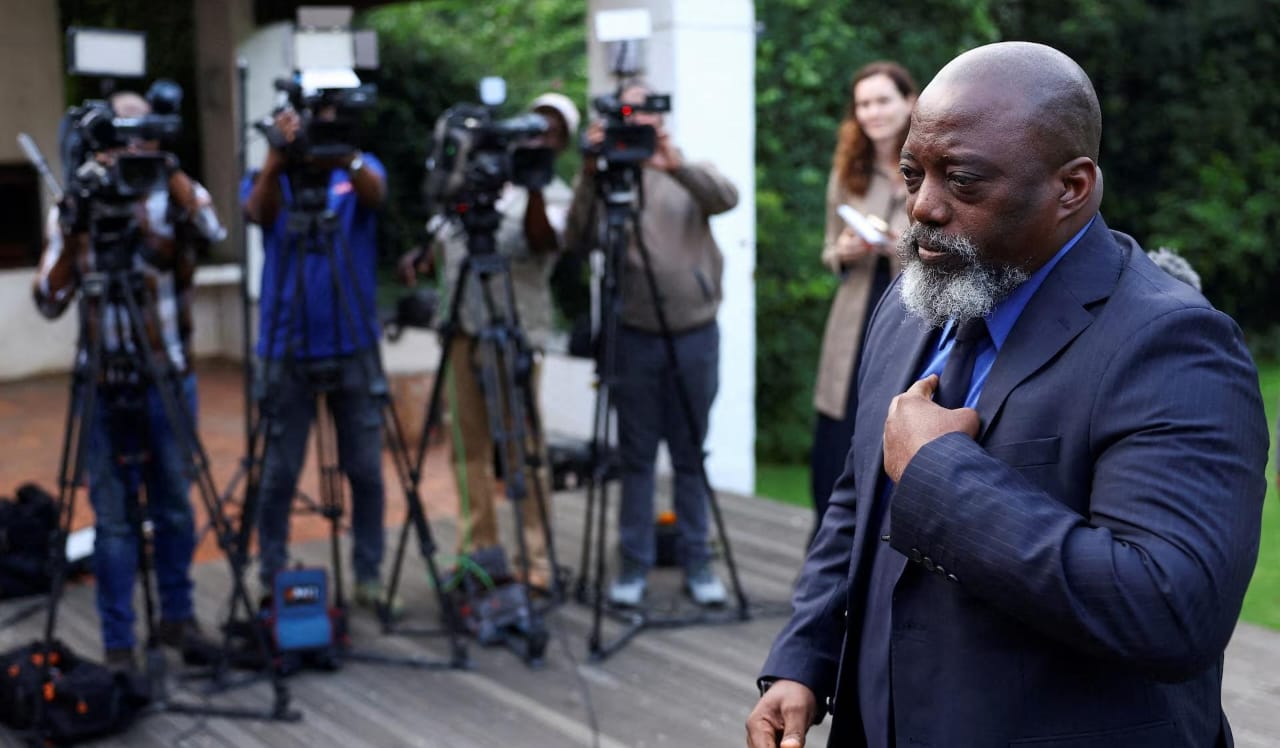
The Democratic Republic of Congo has initiated a significant legal action to lift the immunity of former President Joseph Kabila, allowing for potential prosecution linked to his alleged support of the M23 insurgency in the eastern part of the country. This move comes as the Congolese government prepares to engage in peace negotiations aimed at stabilizing the region, which has been beleaguered by violence and conflict.
Joseph Kabila, who presided over the country for nearly two decades before stepping down in 2018, has largely resided in South Africa since late 2023. This past month, he indicated intentions to return to Congo, asserting his willingness to participate in efforts to alleviate the ongoing crisis in the east, where the M23 rebels—a group backed by Rwanda—have made substantial territorial gains this year.
Should Kabila return, it could complicate a U.S.-backed initiative to quell the unrest in eastern Congo, a region rich in precious minerals that attract foreign interests, including those of the previous U.S. administration under Donald Trump.
Justice Minister Constant Mutamba confirmed to reporters in Kinshasa on Wednesday that the Congolese army's attorney general has formally requested that the Senate revoke Kabila’s lifetime immunity as a senator. Mutamba stated that the government possesses "clear evidence of war crimes, crimes against humanity, and massacres of peaceful civilians and military personnel" attributed to Kabila. He emphasized that Kabila must either come back to face justice or potentially risk being tried in absentia.
This legal effort coincides with ongoing negotiations between the Congolese and Rwandan governments, who have committed to producing a draft peace agreement by May 2 and to abstain from offering military support to any armed factions. The specifics of any imminent agreement, however, remain uncertain, with no guarantees that a formal signing will take place on the anticipated date.
Kabila, who assumed office in 2001 following the assassination of his father, faced significant turmoil during his tenure, particularly after contesting the end of his final term in 2016, which sparked widespread protests and violence. He eventually relinquished power after a contentious election held in 2018.
In a significant political shift, last month the Congolese interior ministry suspended Kabila’s political party, while the justice ministry announced intentions to seize both Kabila’s and his party leaders' assets.
Ferdinand Kambere, the permanent secretary for Kabila's Party for Reconstruction and Democracy, described the government's move to strip Kabila of his immunity as a reflection of their fear regarding his potential return. Kambere attributed the prevailing crisis in the east to President Felix Tshisekedi, who has emerged as Kabila's political rival. The evolving political landscape in Congo continues to capture national attention, as the ramifications of these developments could shape the country’s future stability.



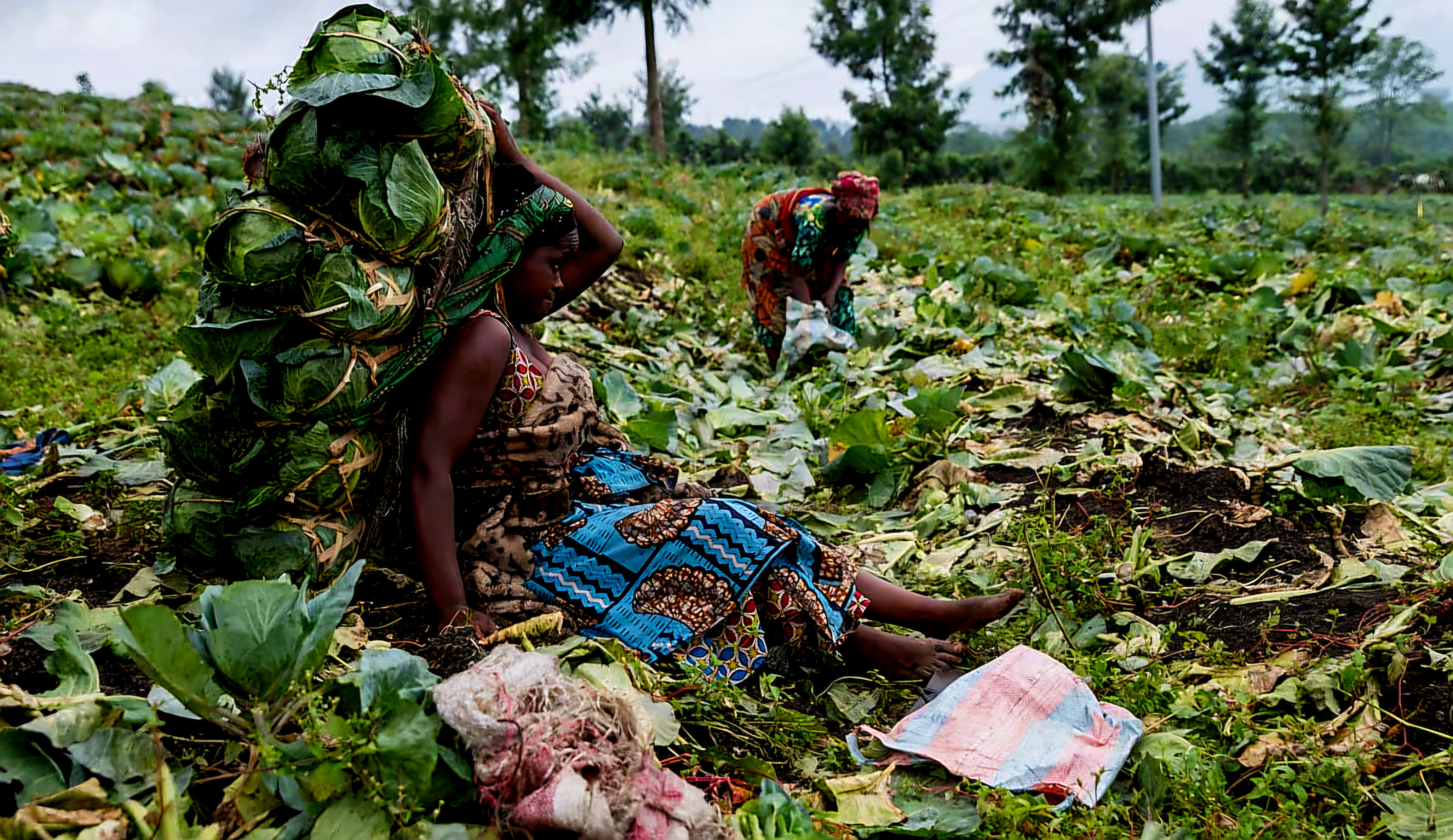
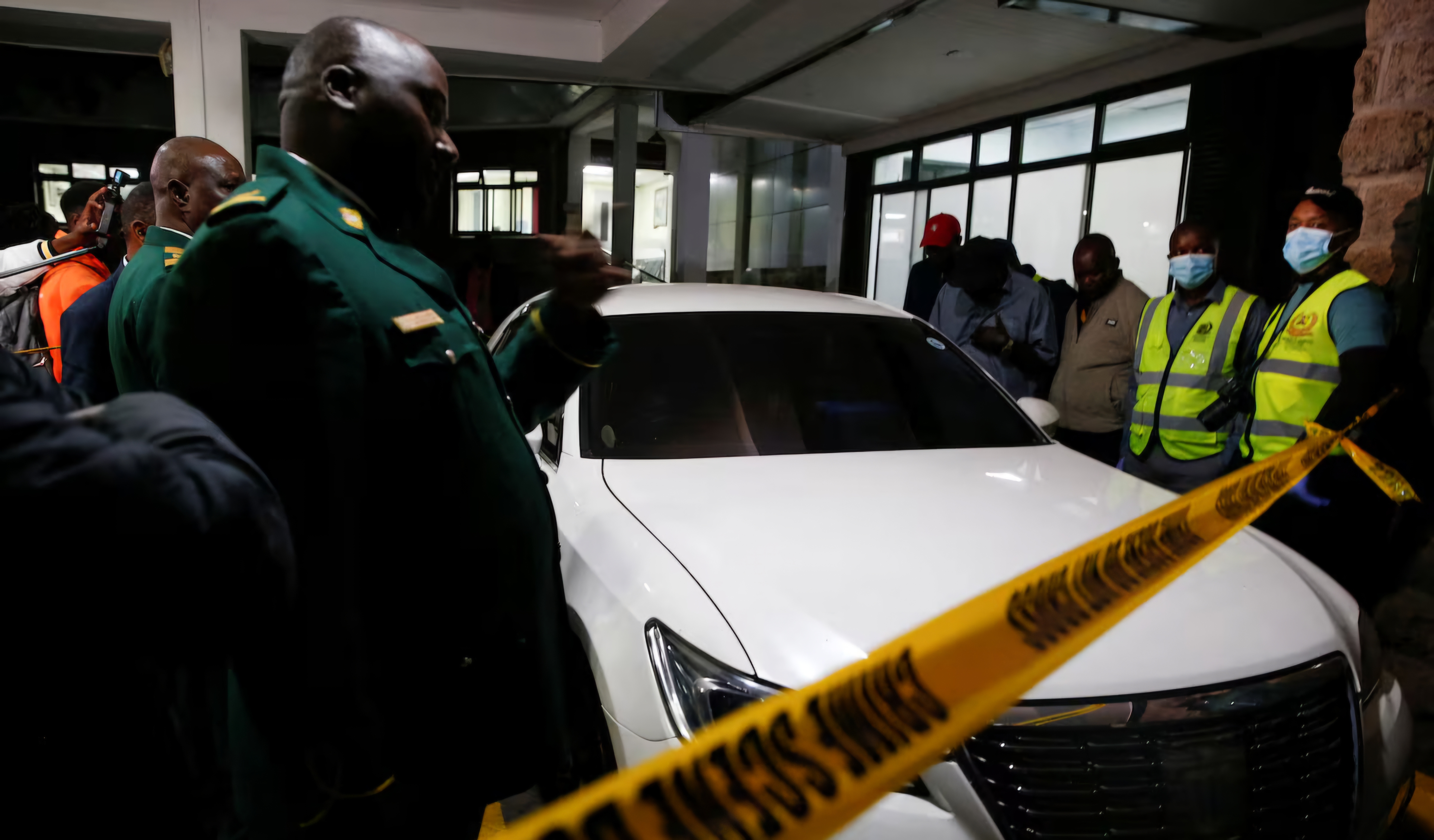
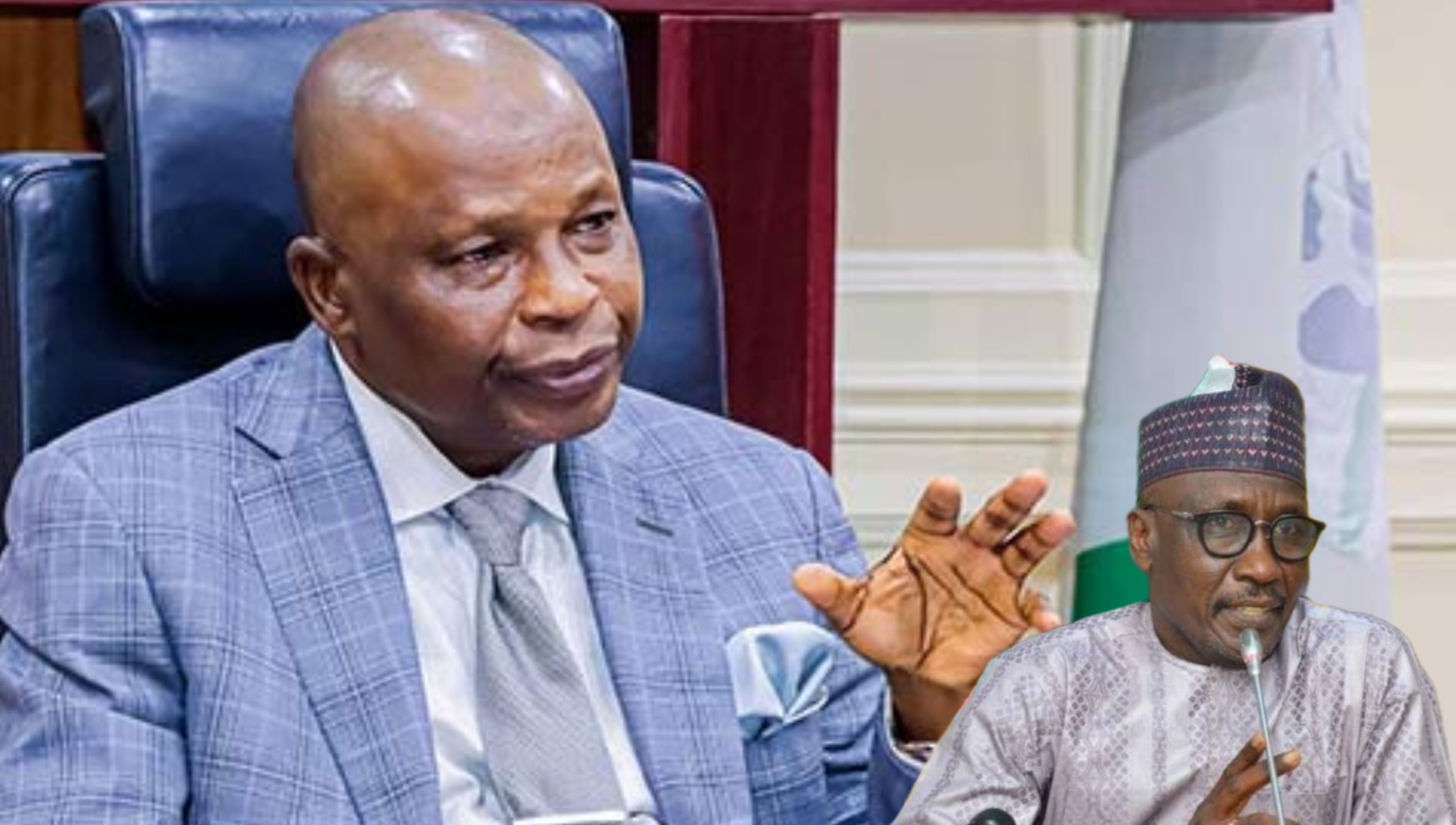
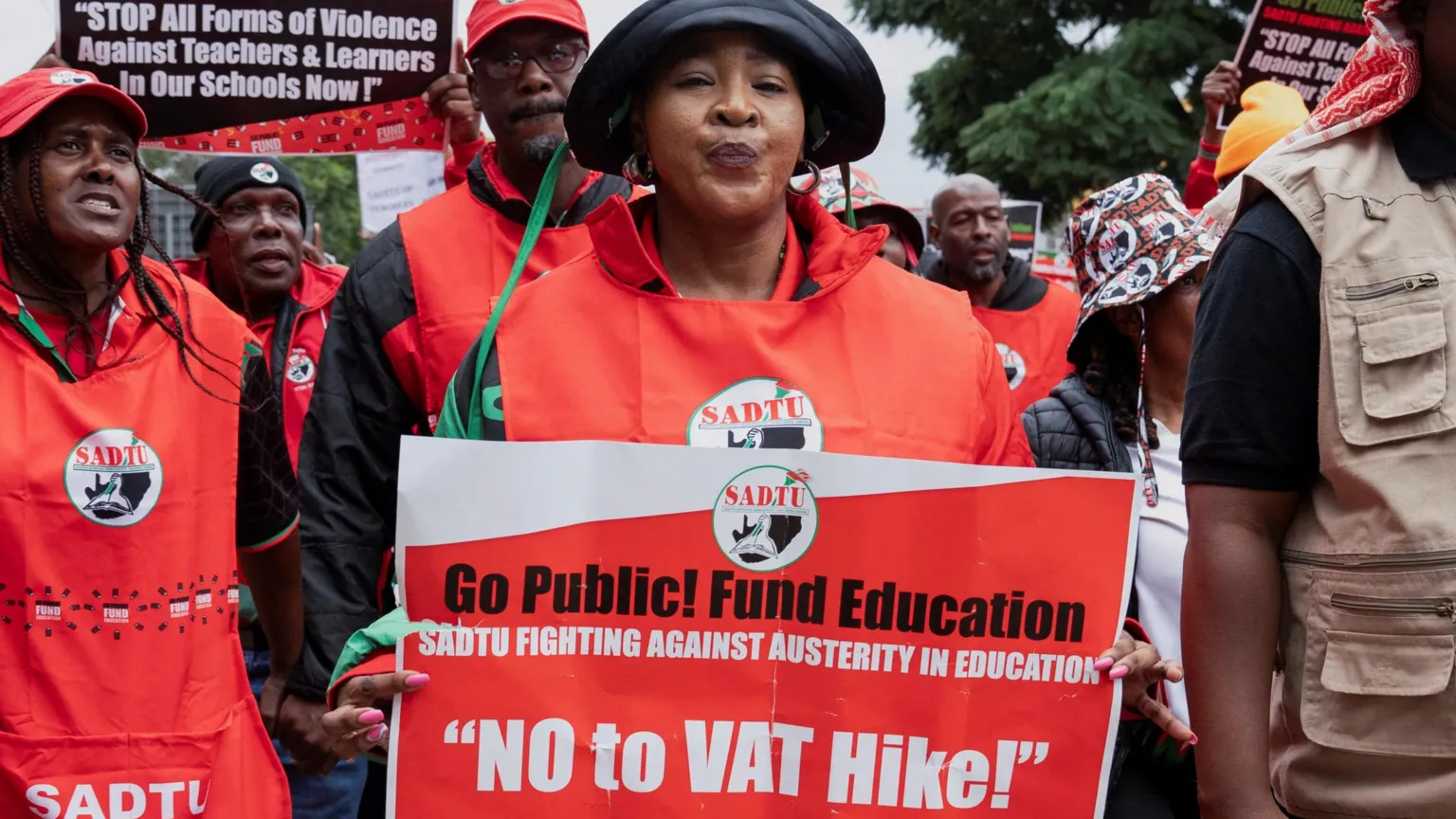
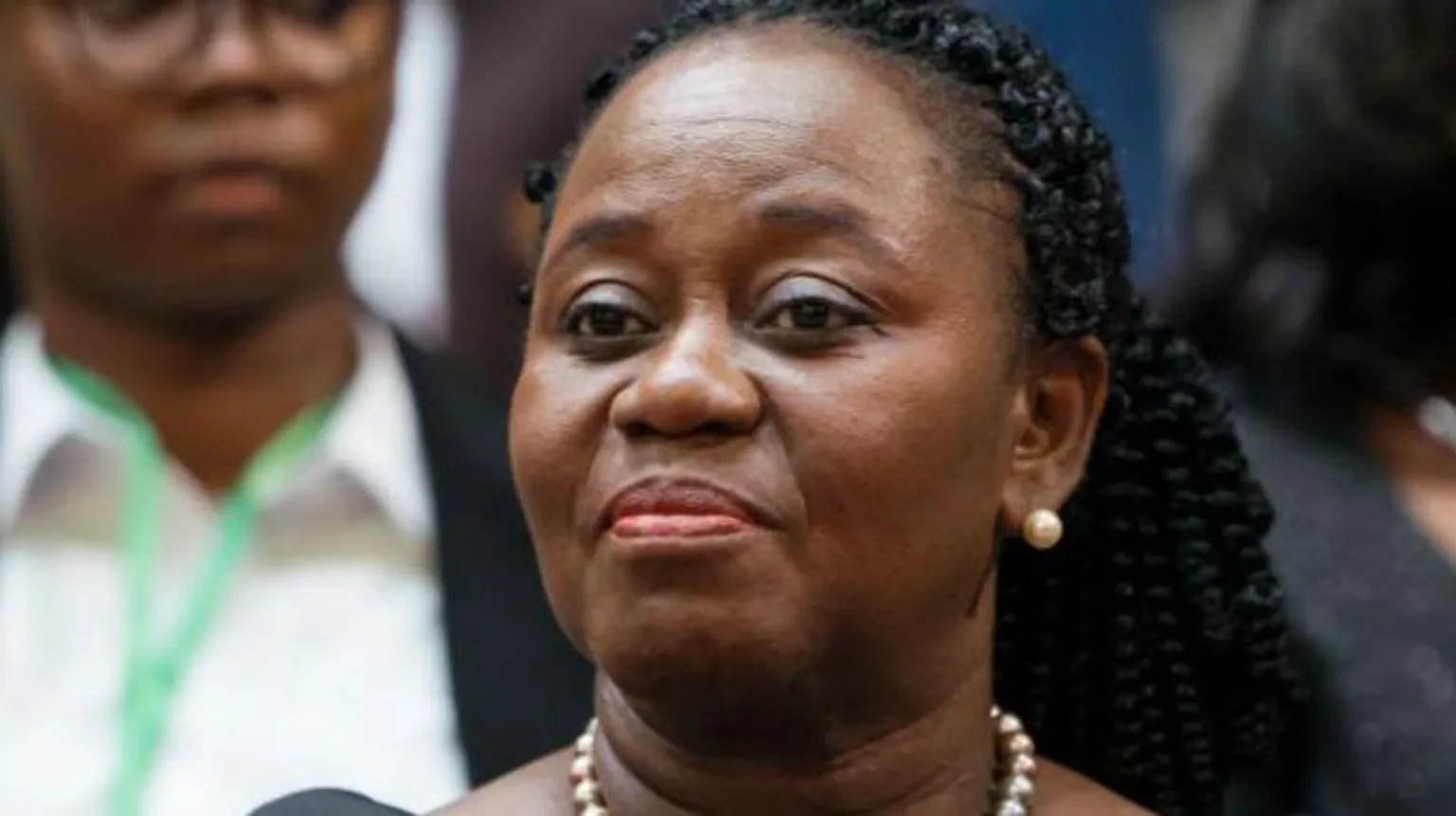
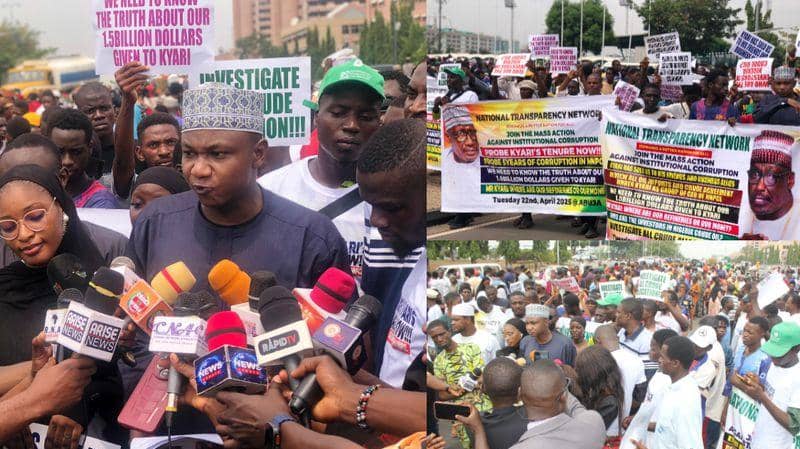
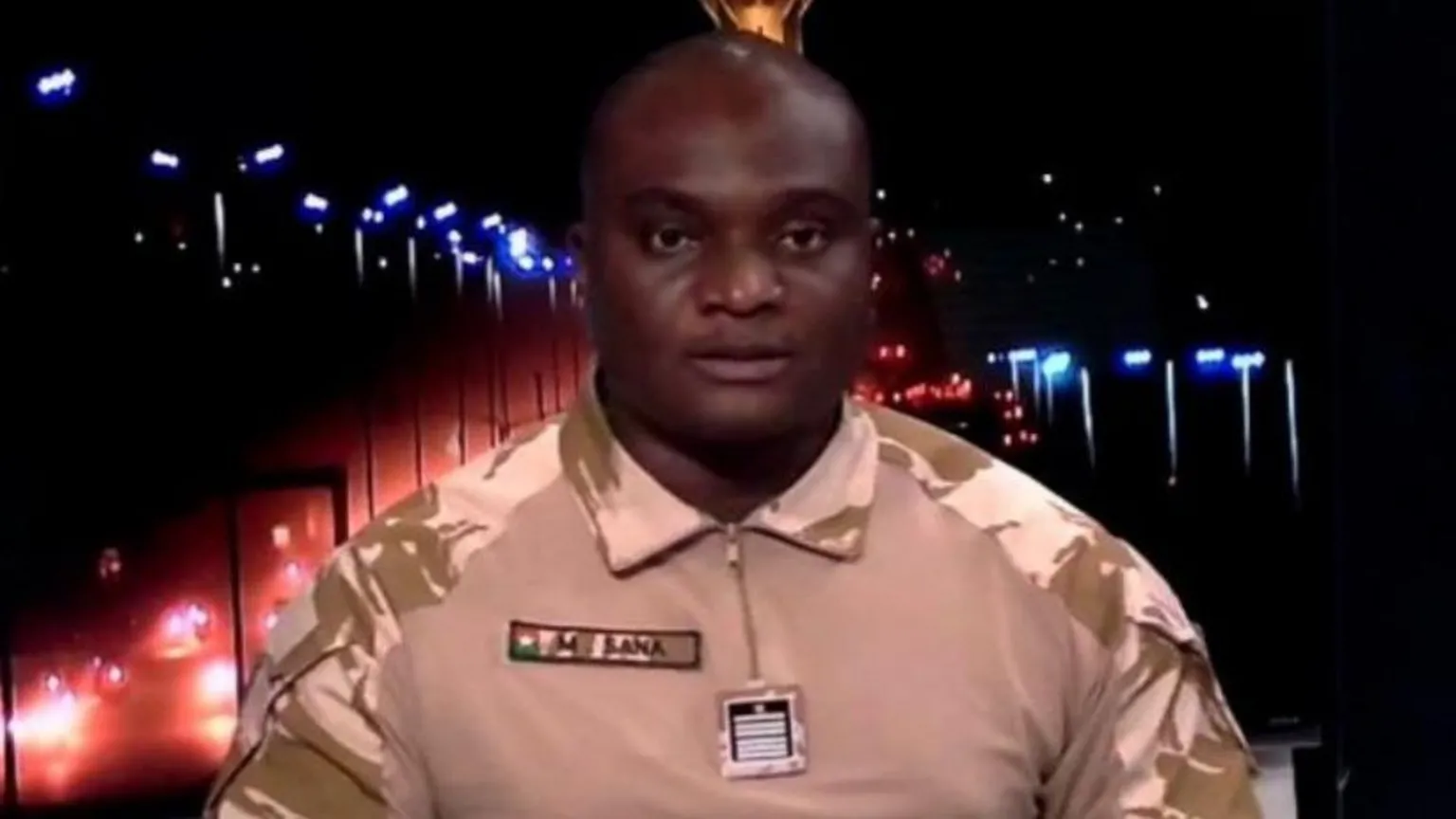
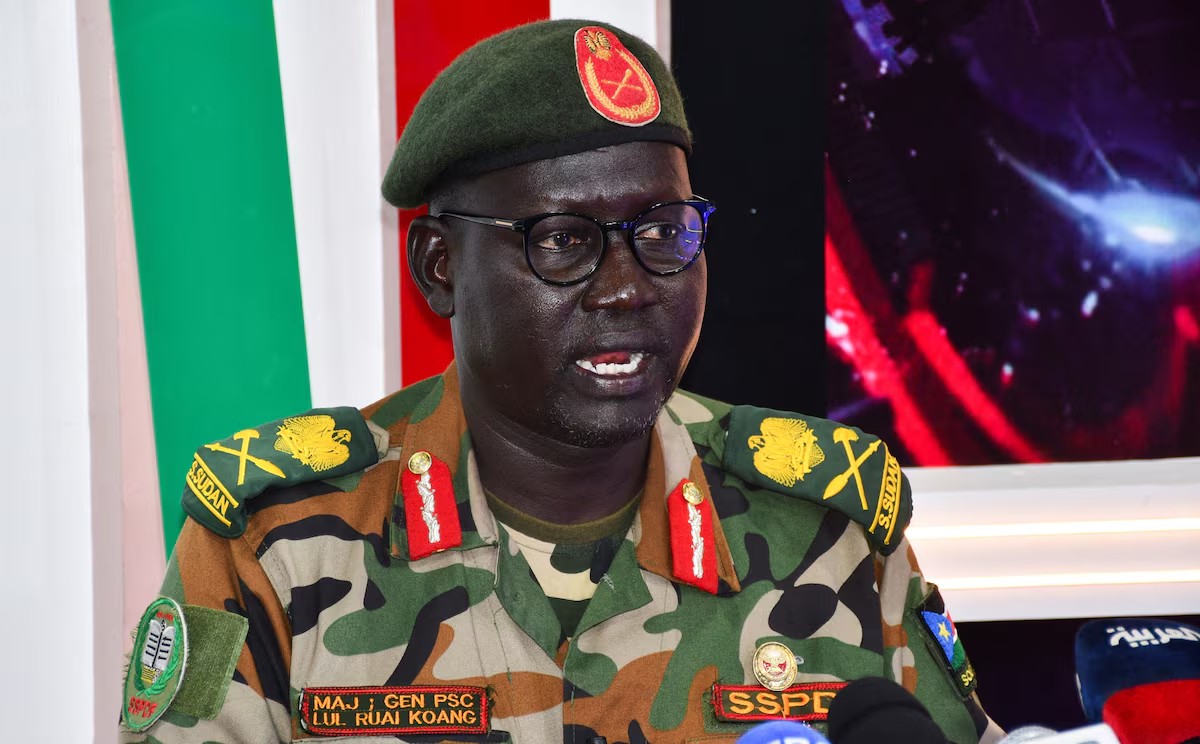
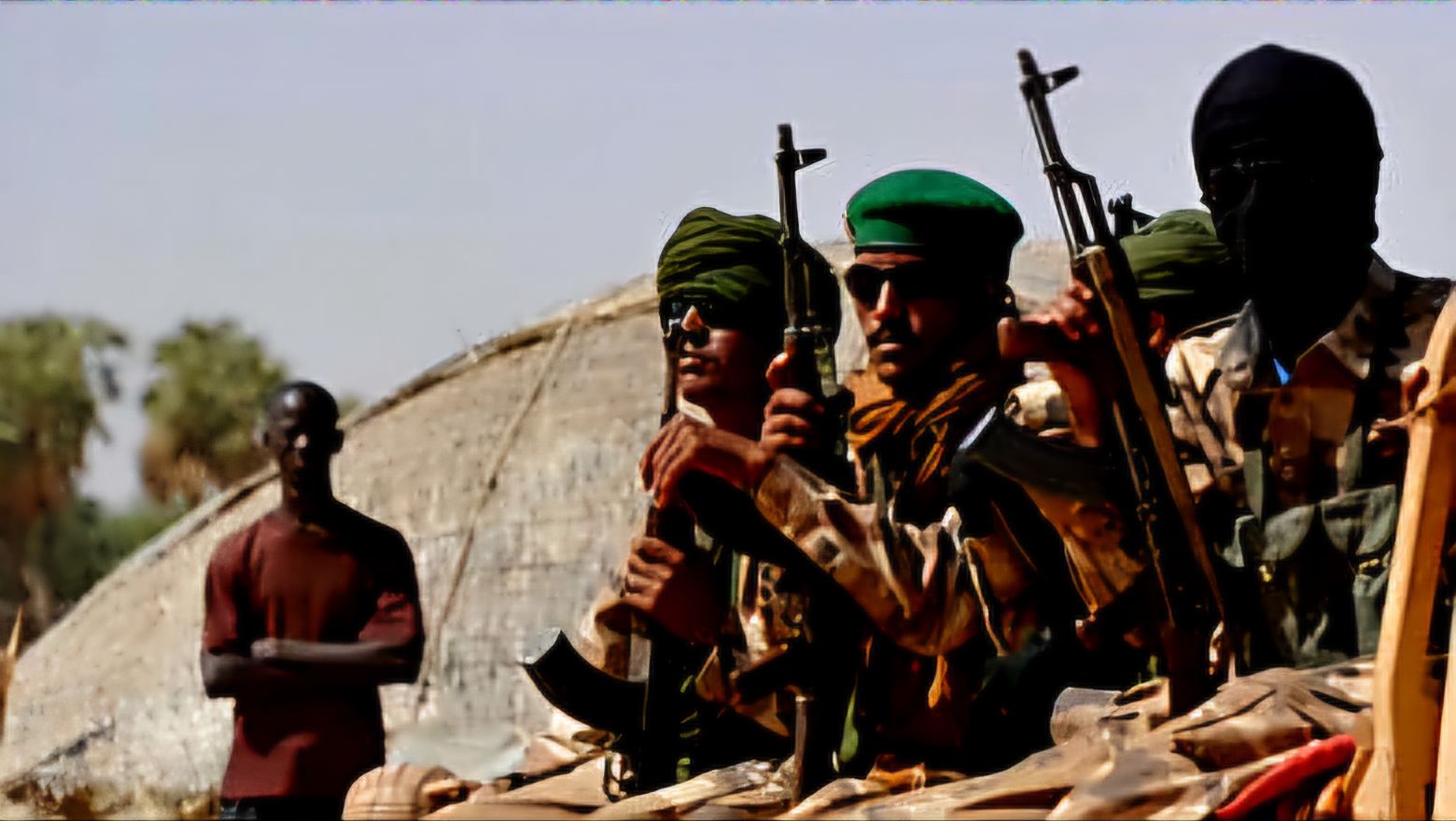
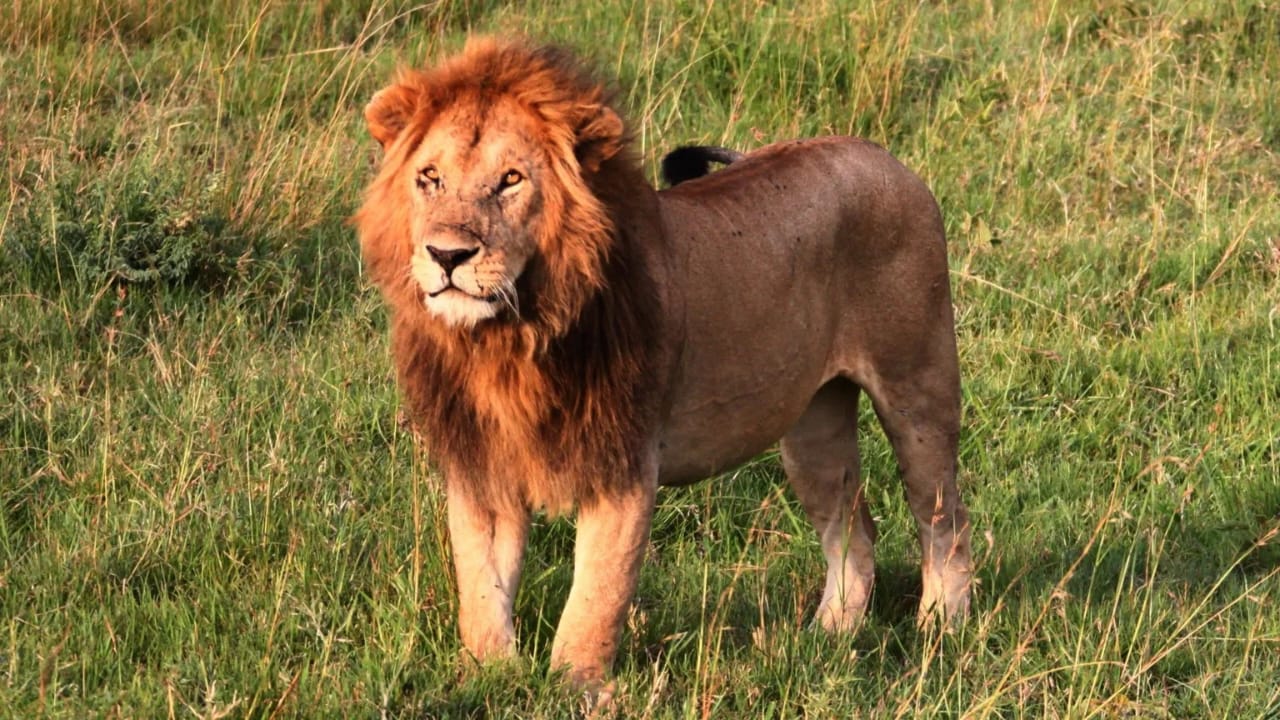
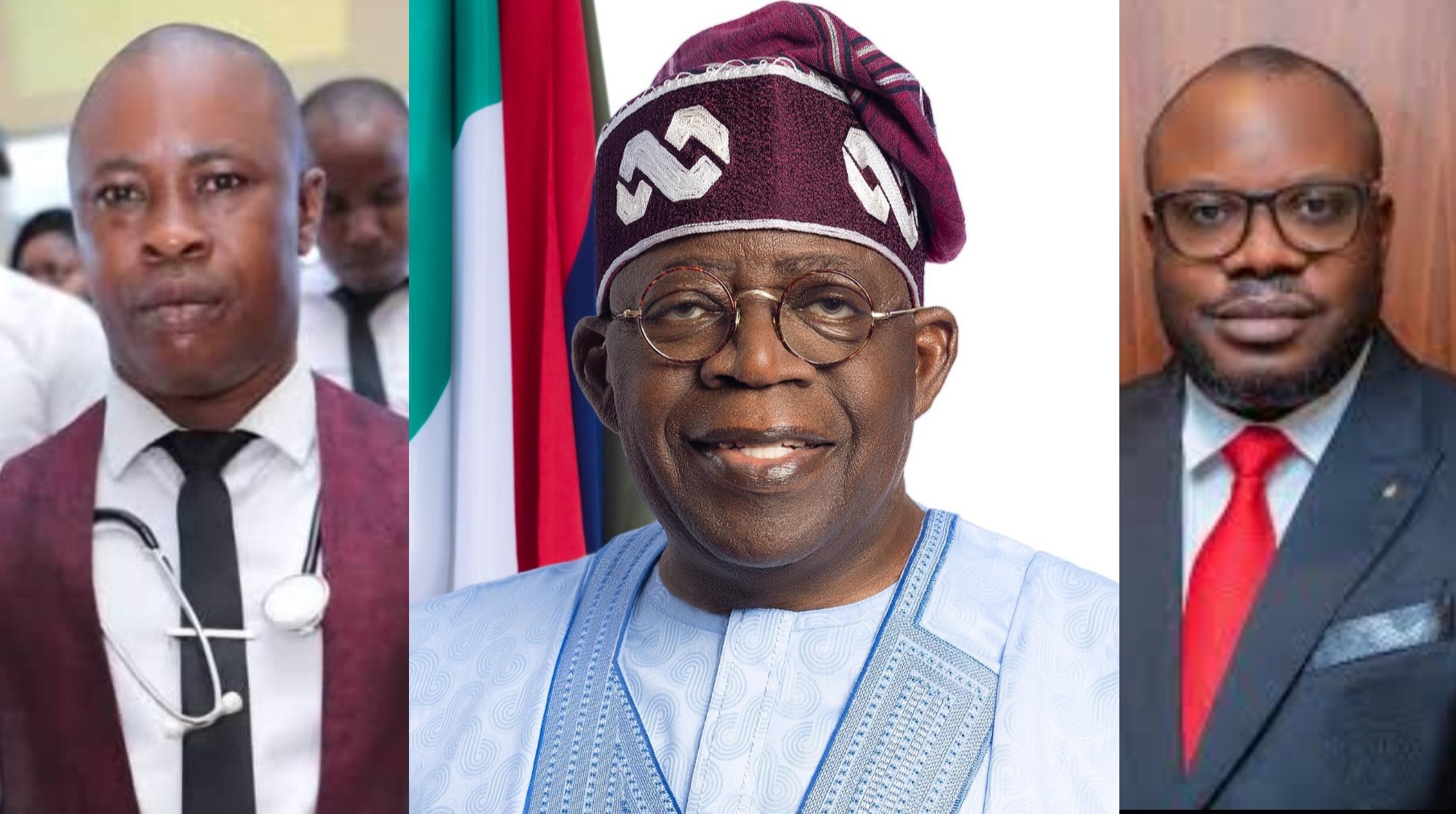
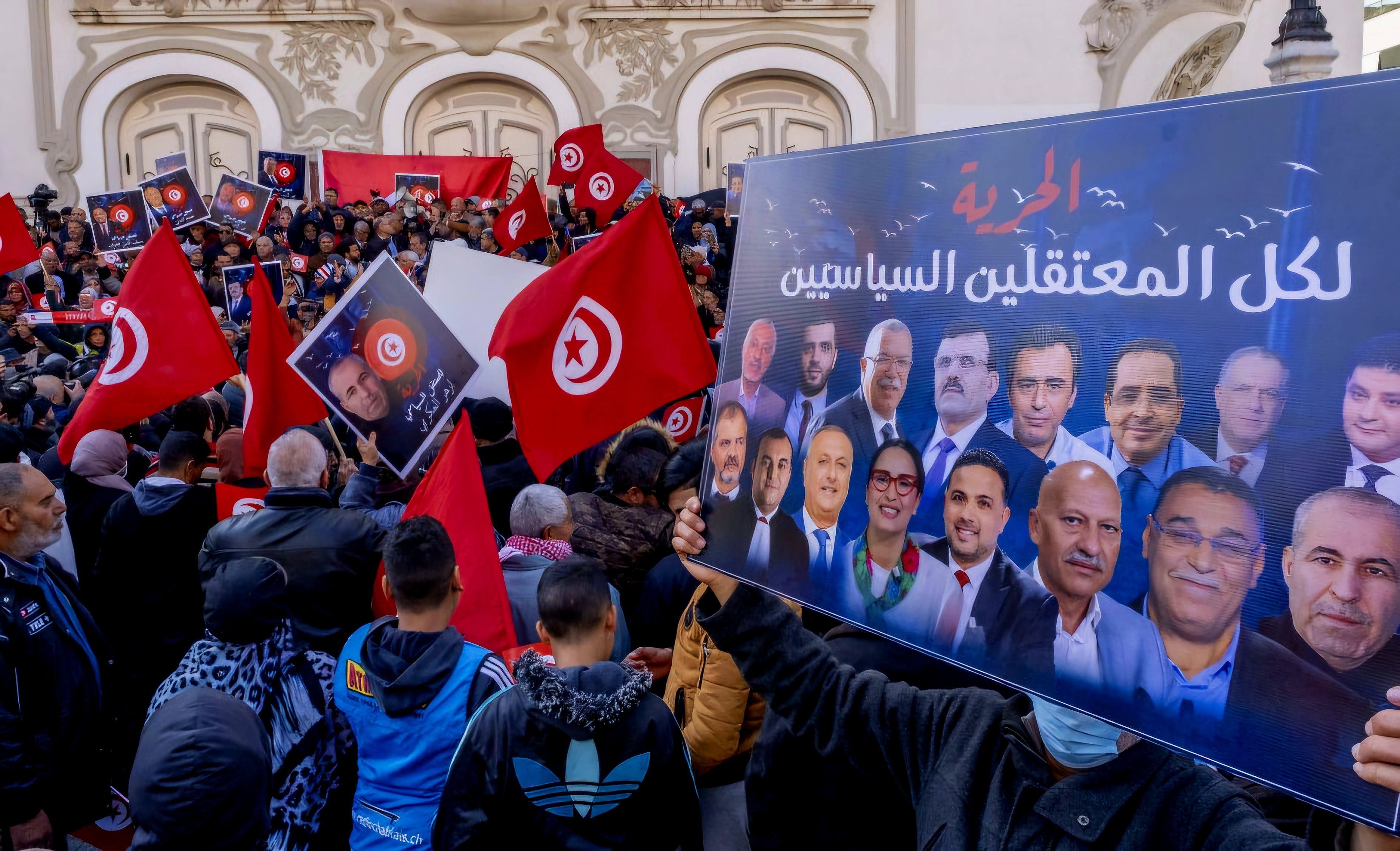

0 Comment(s)